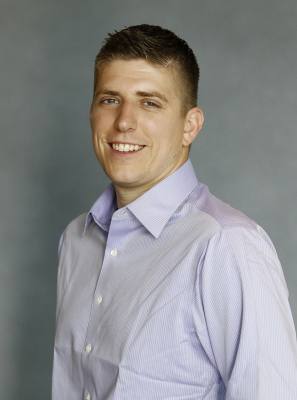Denton County Commissioners Court unanimously approved a contract amendment May 5 to add an additional $588K in grant funding for coronavirus relief. The county has received a total grant of $1,161,279 from the Department of State Health Services.
While “not stockpiling,” the county anticipates using the funds quickly to accumulate testing supplies, such as swabs and viral transfer media, said Matt Richardson, Denton County Health Department director.
“We’re really excited about these dollars,” Richardson said. “This is funding that’s available for us to expand [COVID-19] testing, particularly if we experience a surge in [cases] in the next four to six weeks.”
The contract amendment essentially doubles the county’s public health awareness grant, he said. Grant dollars are available for contracted staff, testing supplies and personal protective equipment to help combat the coronavirus.
“Looking at the number of cases reported by day, there is a two-week decline in those cases [in Denton County],” Richardson said. “That’s an important thing.”
In April, Richardson noted that while the COVID-19 infection rate is about 10% of the rate of the seasonal flu virus, COVID-19 is at least 10 times deadlier. The fatality rate for the flu is about 0.1%, whereas the fatality rate of coronavirus is 2.4% in Denton County, he said.
“We have been testing at a good rate here in Denton County, but it is not good enough,” Denton County Judge Andy Eads said. “As stay-at-home orders are lifted and modified, a key component of [reopening the county] is testing.”
According to Eads, county public health officials conducted COVID-19 testing on 200 county residents at Denton County’s first testing site in Denton on May 2. The county plans on having a second testing site in Lewisville in the near future, he said.
“Not only were our paid employees there, we had many medical reserve volunteers from all walks of life, [including] young college students interested in public health as a career, people who are mid-career and people who are post career,” Eads said.





